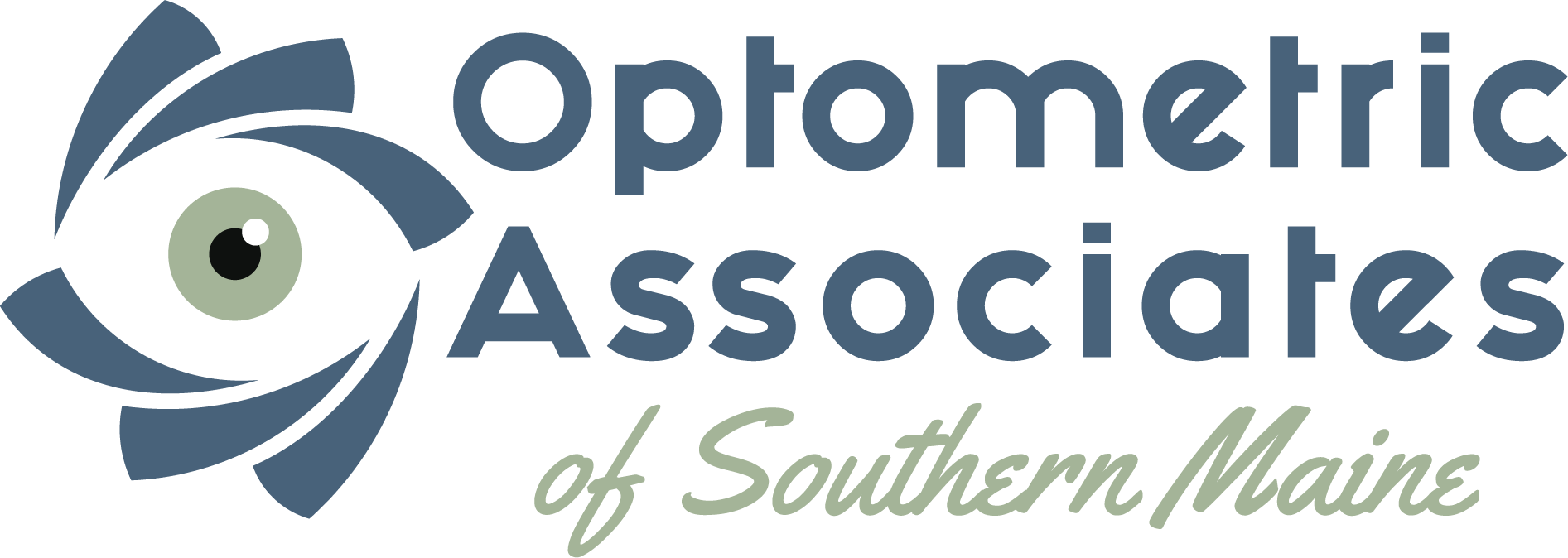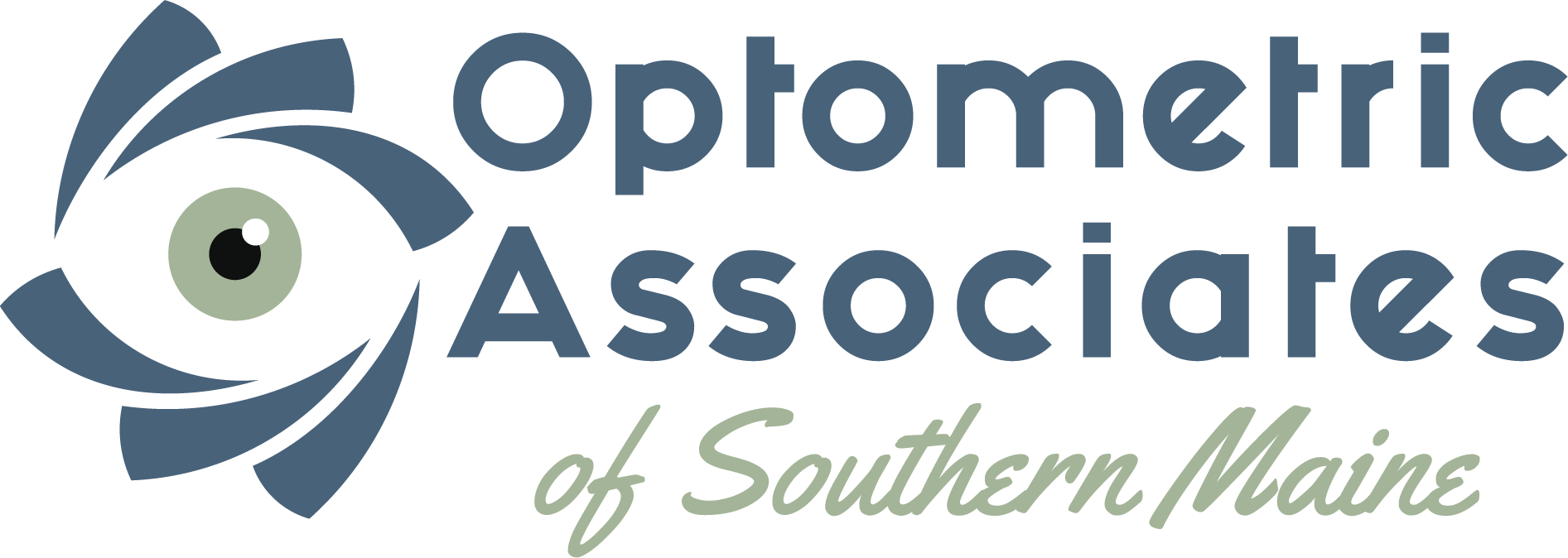Clinic Info
Open Monday through Thursday 8 am to 5 pm and Friday 8 am to 3 pm.
What is Presbyopia and Why Does Reading Get Harder After 40?
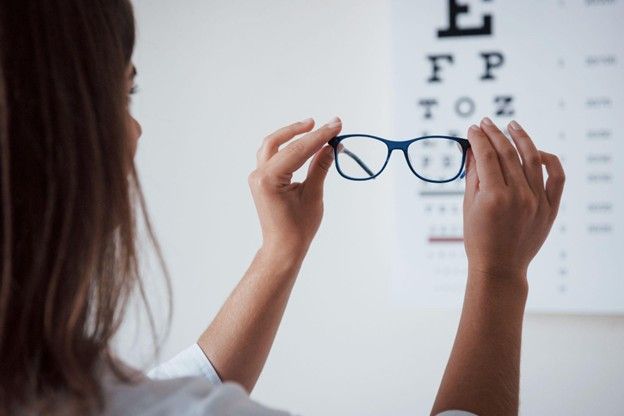
As people age, they often notice a gradual difficulty in focusing on close objects, particularly when reading. This condition, known as presbyopia, is a natural part of aging and affects nearly everyone after the age of 40. It is not a disease but a common refractive error that occurs due to changes in the eye’s lens. Understanding presbyopia can help individuals take proactive steps to manage their vision and maintain optimal eye health.
Causes of Presbyopia
Presbyopia is primarily caused by the loss of flexibility in the lens of the eye. When younger, the lens is soft and flexible, allowing it to change shape easily to focus on objects at different distances. This ability, known as accommodation, enables the eye to bend light rays so they land precisely on the retina, resulting in clear vision.
However, as people age, the lens becomes harder and less flexible, reducing the eye’s ability to focus on nearby objects. This process typically begins in the early to mid-40s and gradually progresses until around the age of 65.
Common Symptoms
One of the earliest signs of presbyopia is difficulty reading small print. Individuals may find themselves holding books, newspapers, or digital devices at arm’s length to see clearly. Eye strain, headaches, and discomfort after prolonged close-up tasks are also common.
Many people with presbyopia notice that they need brighter lighting to read comfortably. These symptoms can gradually worsen, making it increasingly challenging to perform everyday tasks that require near vision.
Diagnosis and Treatment Options
Diagnosing presbyopia is straightforward and typically involves a comprehensive eye exam. This painless assessment evaluates the eye’s ability to focus and determines the extent of presbyopia. Fortunately, several effective treatment options are available to correct the condition.
Eyeglasses
One of the most common solutions for presbyopia is prescription eyeglasses. Reading glasses provide magnification for close-up tasks, while bifocal and progressive lenses offer seamless vision correction for both near and distant vision.
Contact Lenses
Multifocal contact lenses allow for clear vision at different distances, while monovision contact lenses correct one eye for near vision and the other for distance vision. An eye care professional can help determine the best type of contact lenses based on an individual’s lifestyle and vision needs.
Surgical Options
Procedures like LASIK, corneal inlays, and lens replacement surgery may help improve near vision. However, surgery is not suitable for everyone, and a thorough consultation with an eye care professional is necessary to determine eligibility.
Managing Presbyopia Effectively
While presbyopia is unavoidable, individuals can take proactive steps to manage its impact and maintain clear vision. Regular eye exams help track vision changes and detect conditions like cataracts or glaucoma early.
Lifestyle Adjustments
Increasing the font size on digital devices, using magnifying tools when necessary, and positioning reading materials at a comfortable distance can improve near vision. Additionally, taking frequent breaks from close-up tasks can reduce eye strain and discomfort.
Proper Lighting
Ensuring adequate lighting while reading or working on close tasks can enhance visual comfort. Brighter light sources reduce strain and make it easier to focus on small details. Using adjustable lighting in workspaces and avoiding glare can also help improve reading comfort.
For those experiencing vision changes or difficulty focusing on near objects, schedule an eye exam with us at Optometric Associates of Southern Maine. Our team provides expert guidance and personalized vision solutions tailored to individual needs. Take control of your eye health by booking an appointment today!
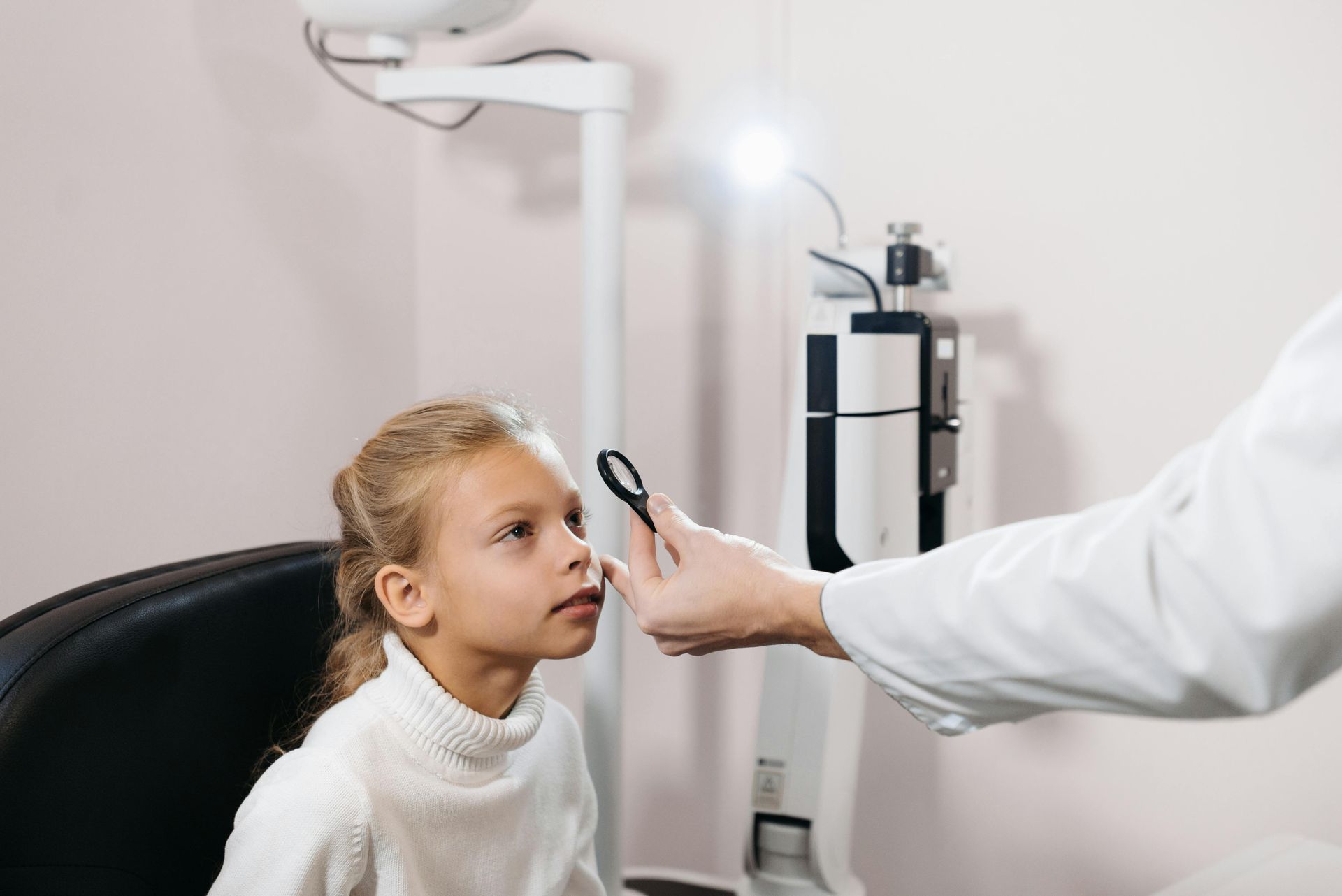
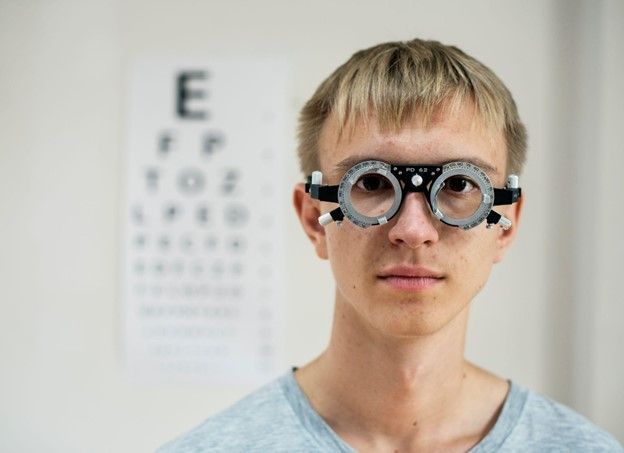

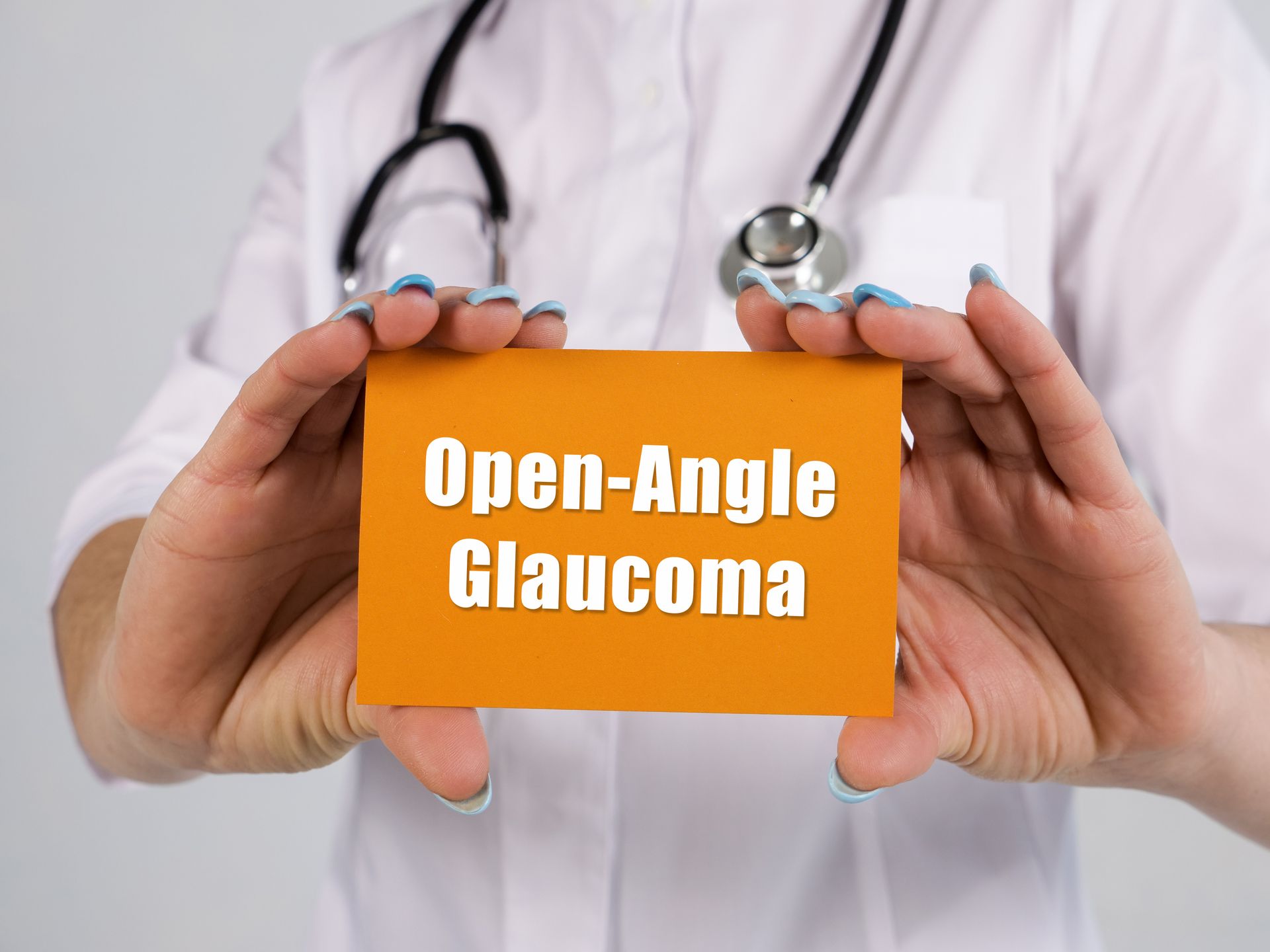
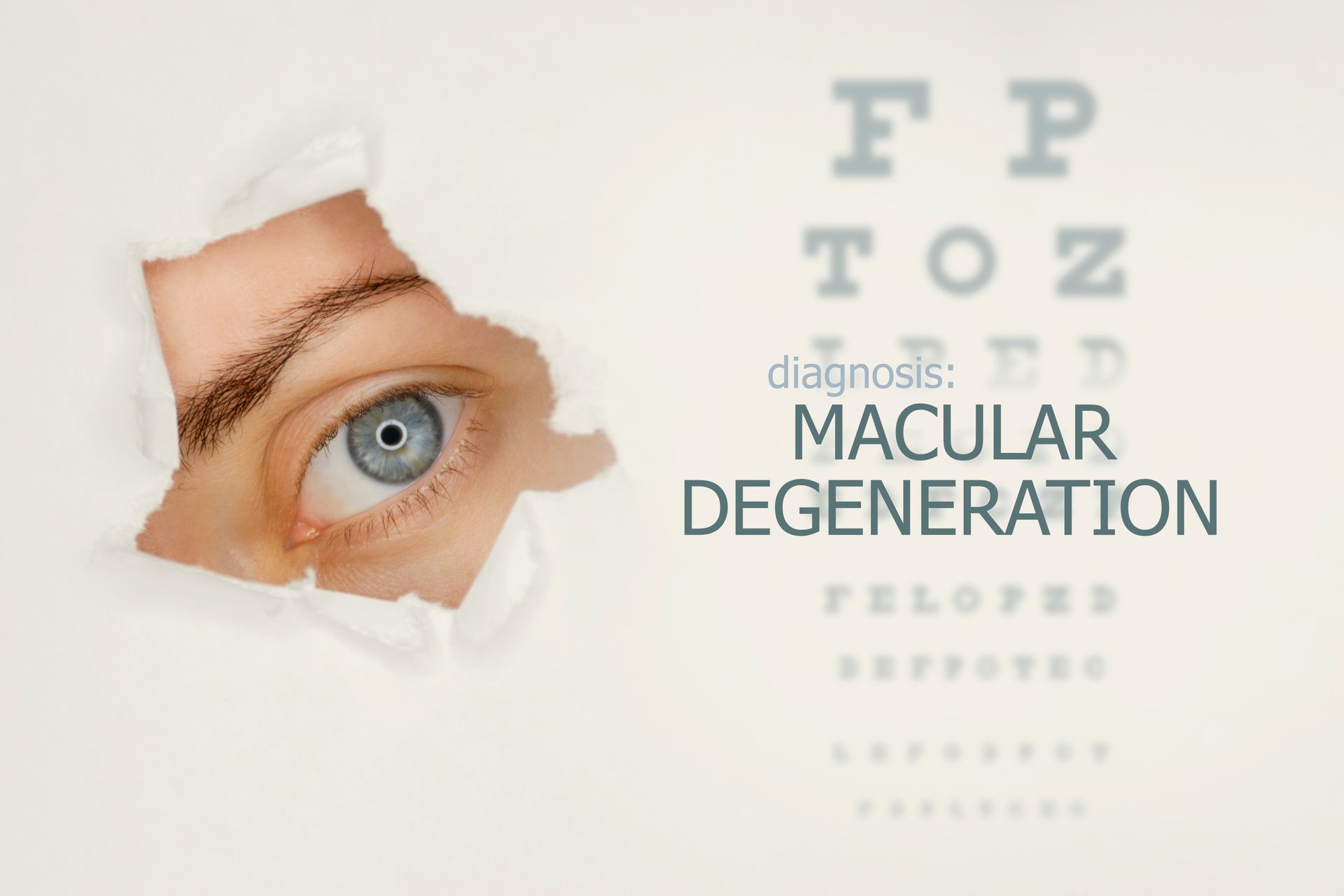

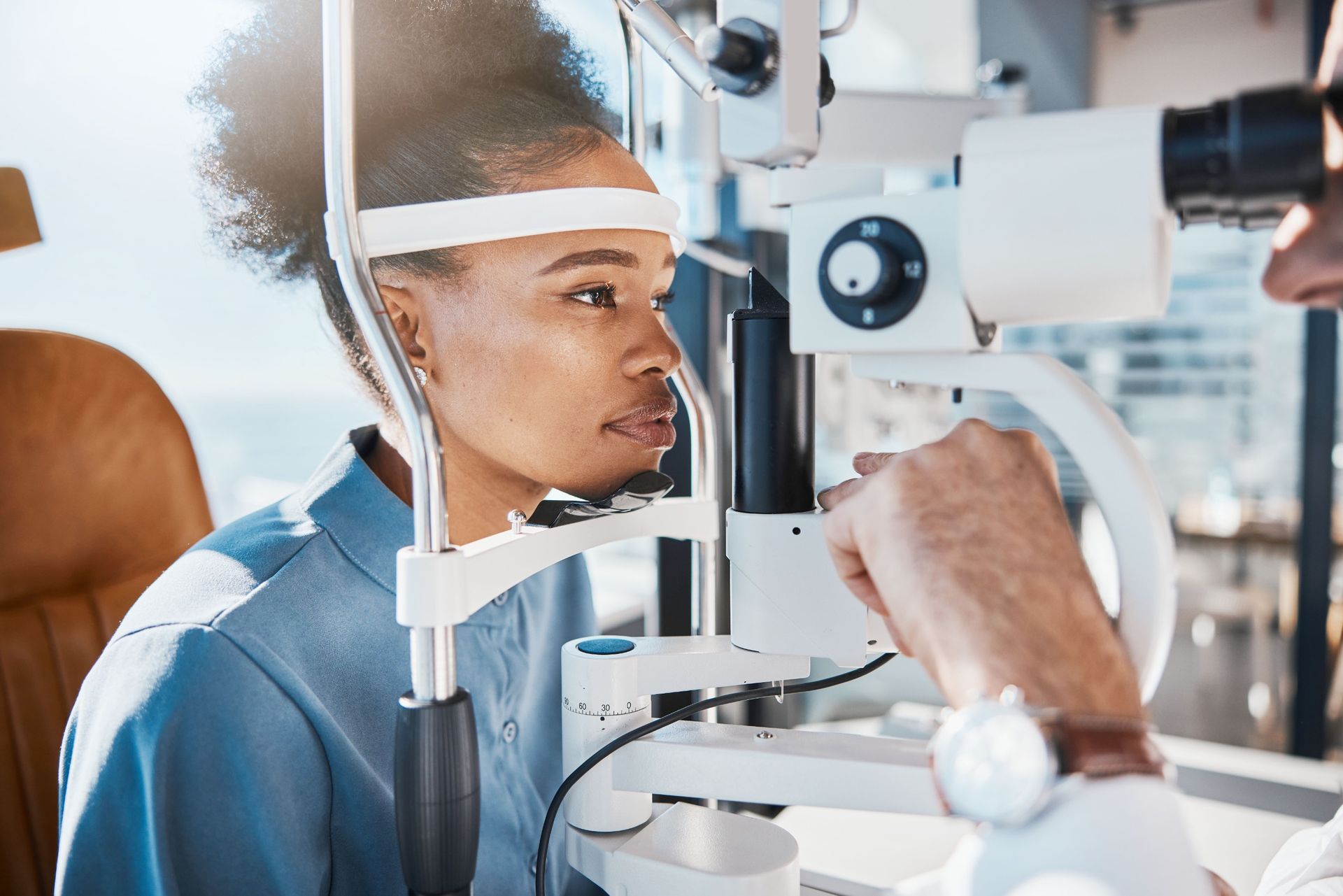

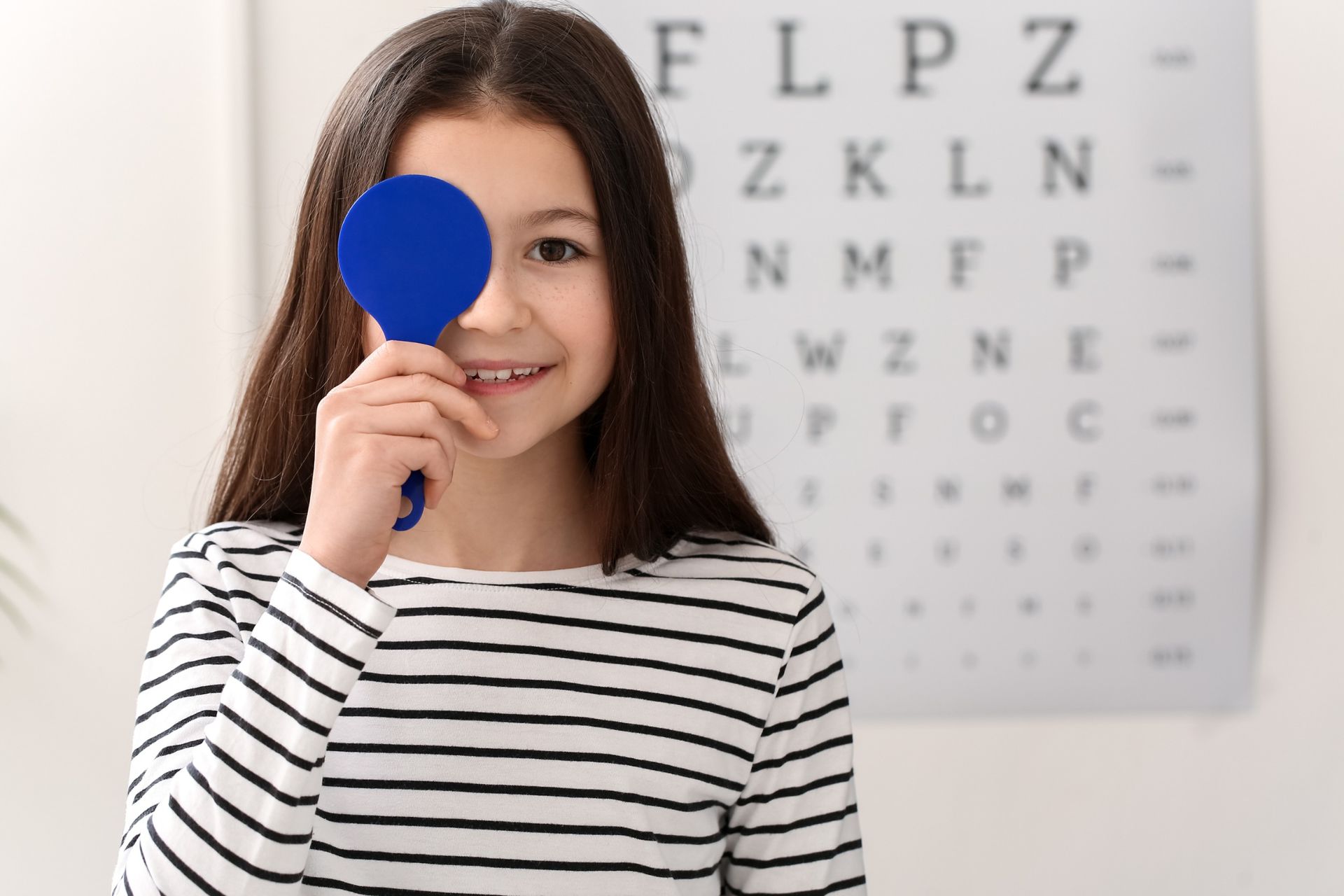

As of May 1, 2023
Masks Are Not Required
Masks Are Optional
We ask if you have any cold-like symptoms, please wear a mask.
Accepting New Patients
While our practice is busy, we’re also growing and accepting new patients! Contact Us Online today or by phone at (207) 284-6651 to schedule your first appointment with us. We look forward to serving you with excellent eye care & eyewear in Biddeford, Maine!
Clinic Info
OPEN
Monday, Tuesday, Thursday 8 am to 5 pm
Wednesday 8 am to 6:30 pm
Friday 8 am to 3 pm.
©2025 Copyright | All Rights Reserved | Optometric Associates Website Designed & Hosted by Maine Street Marketing, Inc., Saco Maine
